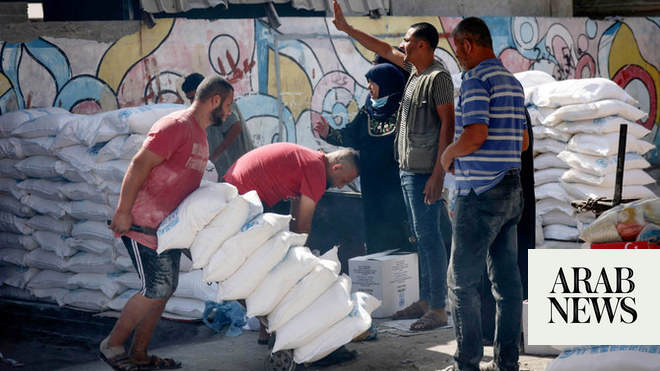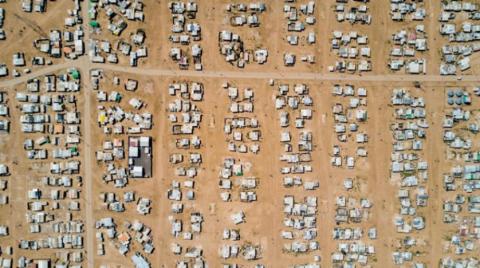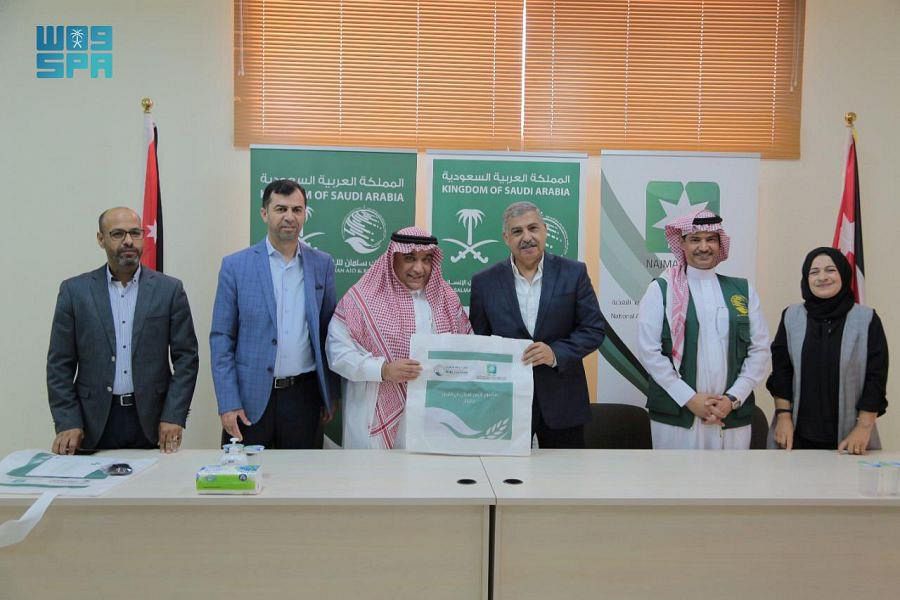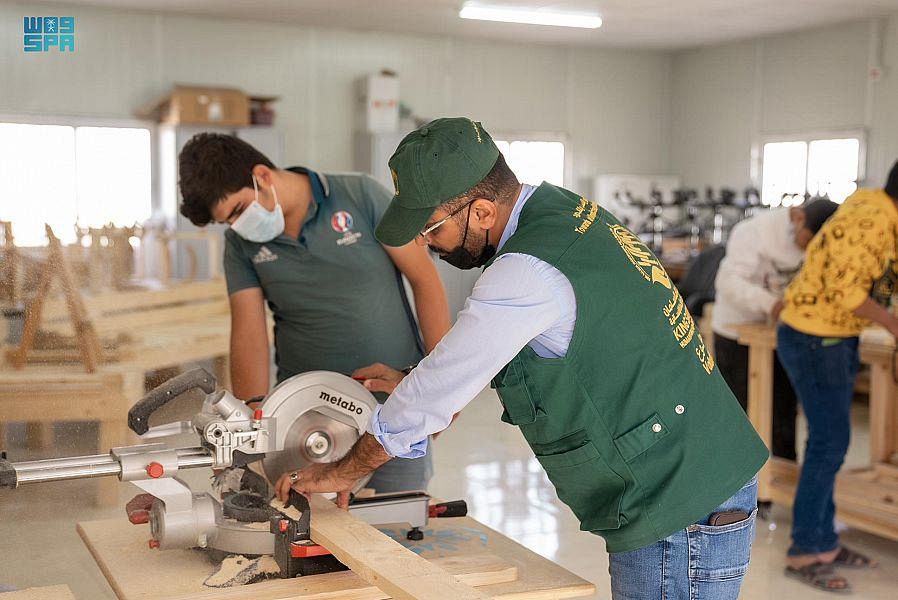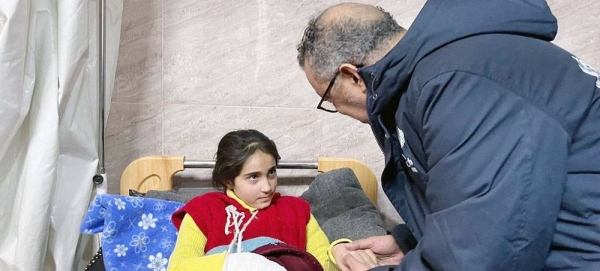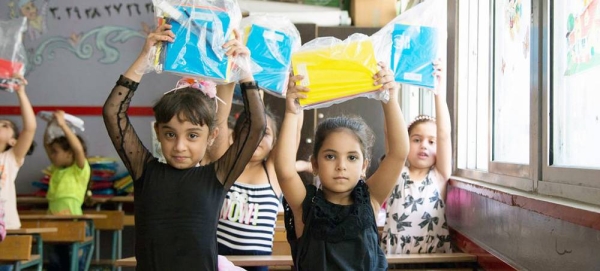
As hostilities continue in Gaza, the UN agency that assists Palestine refugees, UNRWA, urged donors not to forget about Palestinians affected by the ongoing war in Syria.
UNRWA on Tuesday launched a $414.4 million appeal for Palestine refugees in Syria and those who have fled the country for neighboring Lebanon and Jordan due to the conflict.
The funding will be used to keep cash and in-kind food assistance running, along with healthcare, education, and technical and vocational training.
“We must continue to support Palestine Refugees affected by the 13-year-long Syria crisis,” said Natalie Boucly, UNRWA’s deputy commissioner-general for programs and partnerships, speaking at the launch in Beirut.
“While the horror unfolding in Gaza is consuming most of our attention, humanitarian needs in other crisis-affected areas of operations should not be overlooked.”
UNRWA has a long-standing humanitarian assistance operation to mitigate the worst effects of the conflict in Syria on Palestine refugees, and to address the deteriorating socio-economic conditions of hundreds of thousands who are now living in Lebanon and Jordan.
It has carried out relief and works programs for Palestine refugees in these countries, and in Gaza and the West Bank, for more than 75 years and mainly depends on donations to meet its budget of over $800 million.
Despite growing needs, funding for emergency appeals for Syria, Lebanon, and Jordan decreased over recent years, with a dramatic fall to only 27 percent coverage in 2023.
Boucly said UNRWA’s overall funding situation remains precarious, especially given the challenges faced since the start of the conflict in Gaza nearly six months ago.
“UNRWA will soon struggle to maintain the level of humanitarian assistance it can provide, and that level is already at minimum,” she said.
“As the Palestine Refugee community faces even greater existential challenges across the region, UNRWA’s role has never been more vital.”
In January, UNRWA Commissioner-General Philippe Lazzarini warned that its lifesaving programs were in danger after 16 countries suspended some $450 million in funding following Israel’s allegations that several agency staff had been involved in the brutal Oct. 7 Hamas-led attacks on its territory.
The UN appointed an independent review panel to conduct an assessment of UNRWA’s operations while its highest investigate body, the Office of Internal Oversight Services (OIOS), launched a probe into the allegations.
The review panel issued its interim findings in March, which said that UNRWA has a significant number of mechanisms and procedures in place to ensure neutrality, though critical areas still need to be addressed. A full report is expected later this month.
Some governments have renewed their support to UNRWA, such as Germany, which last month announced 45 million Euros, roughly $48.7 million, in new contributions for operations in Jordan, Lebanon, Syria and the West Bank.
Other recent donations include a $40 million contribution from Saudi Arabia’s King Salman Humanitarian Aid and Relief Centre (KSrelief) which will be used to provide food for more than 250,000 people and tents for 20,000 families in Gaza.
Millions of Muslims worldwide are also donating to an UNRWA campaign during the holy month of Ramadan to support the most vulnerable Palestine refugees. Last year, some $4.7 million was raised.
Meanwhile, there has been no significant change in the volume of humanitarian supplies entering Gaza or improved access to the north, UNRWA, said in its most recent update on the crisis.
Last month, an average of 161 aid trucks crossed into Gaza each day, with the highest number – 264 – on 28 March, though still well below the target of 500 per day.
UNRWA is the largest humanitarian operation in the Gaza Strip and half of all supplies delivered in March were for the agency, according to the update, which was published on Tuesday.
Over 75 percent of Gaza’s population, roughly 1.7 million people, has been displaced since the current hostilities began on Oct. 7. The majority have been uprooted multiple times.
Around one million people are residing in or near emergency shelters or informal shelters, and approximately 160,000 displaced people are staying in UNRWA shelters in Northern Gaza and Gaza City governorates.
UNRWA estimated that up to 300,000 people are in the two governorates, however its ability to provide humanitarian support in these areas has been severely restricted.
Since Oct. 7, UNRWA has delivered flour to more than 1.8 million people in Gaza, or 85 percent of the population. Furthermore, nearly 600,000 people have received emergency food parcels and almost 3.6 million patient consultations have been provided at health centers and points. — UN News




